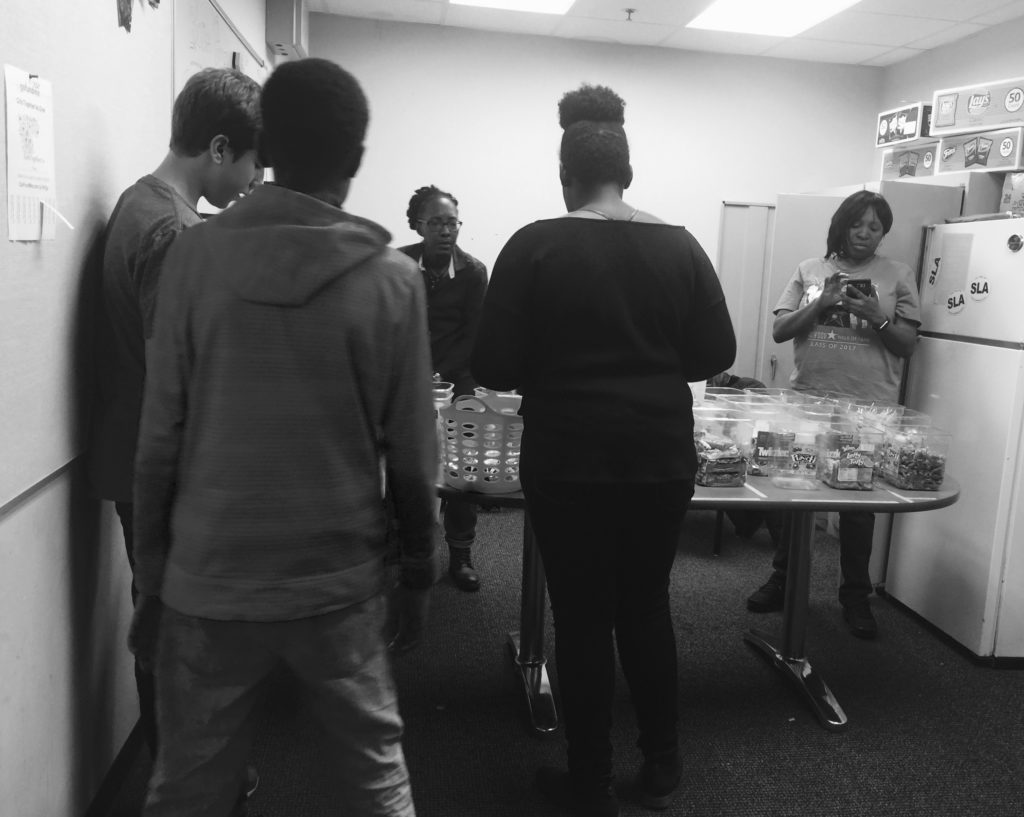
Fatu Castillo
Staff Writer
On January 1st 2017, the City of Brotherly Love successfully implemented the Philadelphia Beverage Tax to welcome Science Leadership Academy students, as well as all Philadelphians, into the new year.
The tax, originally approved by city council last year, was successfully campaigned by Philadelphia Mayor Jim Kenney. Through it’s been nicknamed the Soda Tax, it applies to any beverage that contains a sugar-based sweetener. That means anything from a Diet Pepsi to an Arizona Ice Tea will cost more to purchase, as ¢1.5 is now charged per ounce.
City officials predict the the tax will generate over $90 million in revenue over the course of the year. Mayor Kenney intends that revenue to be funneled to public services such as Pre-K Schooling, Public Libraries, and City Parks.
Kenney also suggests that the increase in prices of sugar-laden drinks will also help fight the obesity epidemic Philadelphia faces, Philadelphia has one of the largest obesity rates amongst major cities with 68% adults being obese, as consumers will take in less products due to higher prices.
Opponents claim that the Beverage Tax will disproportionately affect lower-income families and small businesses as both will be paying more to buy their favorites products. Back when the 2016 Presidential Election cycle was still underway, Secretary Clinton and Senator Sanders both chimed in their opinions on the matter. Perhaps to no surprise, the former supported the tax in earnest while the latter strongly opposed it. Surprisingly, President Trump had no opinion on the matter
While support for the Beverage Tax is somewhat scattered, Kennedy’s promise to fund popular public services are what pushed the tax to be implemented. That doesn’t mean that everyone is thrilled to pay more for their favorite drink, however. Science Leadership Academy students give their take on the matter.
“I heard something about it before,” stated Senior Peter Torelli. “I’m in the restaurant business so they were telling us that all sodas were going up $2 a glass.”
Torelli had mixed feelings regarding the Beverage Tax.
“I think it’s good because it also gets kids to drink a lot of water and that’s really good,” he said. “People that drink soda are at risk of tooth decay and stuff like that.”
“But it’s kinda bad because everything is going up in taxes now,” he added.“I wonder what’s the next thing that’s gonna be taxed.”
Other students had a more intensely negative view of the tax.
“It’s stupid,” Freshman Naseem Hameid said. “Since we have a school store, I always buy Gatorade and now it costs $1.25, and I need the ¢.25 to get Jolly Ranchers”.
“What am I supposed to do?,” questioned Hameid. “Buy food or buy one drink?”.
When it was explained to Hameid which services the tax revenue would fund, he had a different take than most.
“I don’t agree with that,” Hameid stated bluntly. “They always give our money to little kids, what about those little kids out here out in the world that don’t have families?”
A school store manager offered his take on how the tax might affect SLA business at the school store. Prices for individual beverages went up 50 cents on average.
“It’d be interesting to see if we’re making more money or less,” theorized SLA parent Chris Lahr. ”But I feel like we’re probably making a little bit less because everything is a little bit more.”
Since the tax is still in its infant stages, it’s impossible to calculate whether Kenney’s plans will have the money to fund them. Philadelphia can only wait and see what happens over time.
Leave a Reply